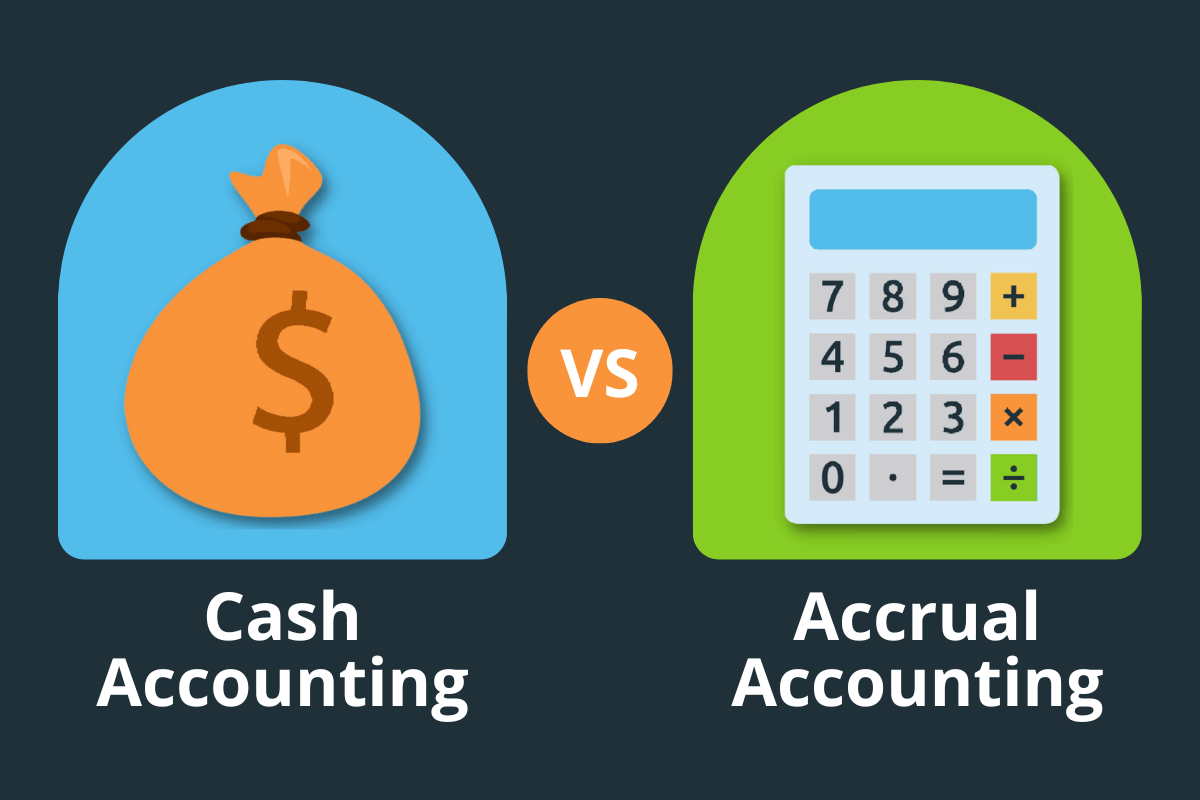In cash accounting, dollars are tracked based on when cash changes hands. In accrual accounting, dollars are tracked based on when a good or service is provided, even if payment hasn’t been made yet. Generally, larger companies use accrual accounting because they are more likely to have large debt and payments due, and not recording those items until cash changes hands will greatly distort their bookkeeping. When might accrual accounting make sense for your business? Let’s talk about the size and type of companies that should consider accrual accounting.
When does the IRS require accrual accounting?
According to the IRS, if your average annual revenue (over the previous three years) is over $29 million, you’re required to use accrual accounting. Especially for publicly traded companies with numerous investors and lenders, accrual accounting gives the most accurate, transparent depiction of the income and expenses of the business at any given time. It is also much harder to track, so it makes sense that larger companies, with larger (or outsourced) accounting teams take it on.
When should SMBs consider accrual accounting?
For companies under that $29M threshold, we believe accounts receivable and accounts payable are the most important factors in deciding whether to use cash or accrual accounting. If a company has higher payables than receivables, we recommend accrual accounting because their taxable income for the year may be lower due to having more expenses than income to accrue. It’s important to note the opposite is also true: if receivables are higher than payables, the taxable income will be higher under accrual accounting.
What type of companies use accrual accounting?
Most sole proprietorships, startups and SMBs use cash accounting until the revenue or payables/receivables conditions mentioned above are met. Investors and lenders may also have a say or influence in the type of accounting used to meet their requirements. Typically, cash accounting is more advantageous for the taxpayer until the business grows significantly.
What is modified cash basis?
Modified cash-basis allows for flexibility in accounting through a mix of accrual basis and cash basis. Short-term assets are recorded on a cash basis while long-term assets are recorded on an accrual basis. This allows for better insight into your financials than using cash basis. However, modified cash basis is used for internal reporting only and is not allowed for audited financial statements.
How do you transition from cash accounting to accrual accounting?
To switch from cash accounting to accrual accounting, you need to file a Form 3115, an Application for Change in Accounting Method. We always remind clients that when transitioning from cash to accrual (or accrual to cash) you are allowed to allocate the net positive adjustment to income over a four year period. This is an important provision so you don’t miss out on spreading taxable income over four years. If it is a net negative adjustment, you are allowed to take all of that adjustment in the year of the accounting change to reduce your taxable income.
Here’s an example.
We had a client who filed their C-Corporation tax return using the cash basis of accounting. After reviewing their end of year balance sheet, we noticed that they normally have a large amount of accrued expenses at year-end and very little accounts receivable. For the given tax year, their ending A/P was roughly $830,000 and their ending A/R was roughly 300,000. We filed Form 3115 – Application for Change in Accounting Method which resulted in a negative 481(a) adjustment of about $530,000. This means they could reduce their net income for that tax year by $530,000 when switching from cash basis to accrual basis method of accounting.
The decision on whether to use cash or accrual accounting can be straightforward, but the implementation may be more complicated. If you’re trying to understand the pros and cons of accounting methods for your company, we’d love to help. Schedule an appointment with our experienced CPAs here.





